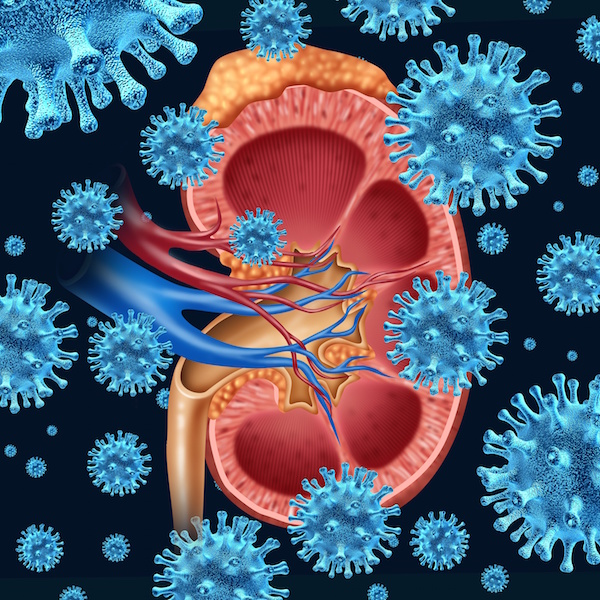
WEDNESDAY, July 27 (HealthDay News) — A combination therapy that “desensitizes” kidney transplant recipients could help hard-to-match patients find a needed kidney faster.
The desensitization procedure combines the use of plasmapheresis — a machine that filters the blood plasma to remove antibodies — and low-doses of a medication called intravenous immune globulin (IVIG).
The combination of these therapies improves survival rates dramatically. Eight years after receiving a transplant, survival rates were 81 percent for those who received the treatment compared to just 31 percent for people who had to stay on dialysis, new research found.
“This is a huge unmet problem. There are probably as many as 30,000 people who have been exposed to foreign tissue waiting for a kidney. They’re really hard to match,” explained study author Dr. Robert Montgomery, director of the comprehensive transplant program at Johns Hopkins Hospital and a professor of surgery at Johns Hopkins University School of Medicine in Baltimore.
“This therapy will allow earlier transplantation for someone who’s hard to match. This is one of those rare things in health care that’s a win-win. It will save money long-term and improve quality-of-life,” he said.
Results of the study are published in the July 28 issue of the New England Journal of Medicine.
The problem with these particular patients is that they’ve been “sensitized” to substances known as human leukocyte antigens (HLA). Everyone has six of these antigens, which are proteins found on white blood cells. You inherit three antigens from each parent, according to the National Kidney Foundation. When a kidney patient is evaluated for a transplant, doctors try to match as many of those antigens as possible, to improve the chance of a successful transplant.
But, some people have been exposed to other antigens, which can cause the body to develop antibodies (become sensitized) to HLA. This can happen during pregnancy, a blood transfusion or previous transplantation. If exposed to that particular foreign antigen again, the HLA antibodies will destroy any tissue containing it. This severely limits the number of eligible transplant donors for a recipient who is sensitized.
In an attempt to overcome this significant problem, Montgomery and his colleagues began recruiting HLA-sensitized potential kidney transplant recipients. From 1998 through 2009, the researchers treated 211 HLA-sensitized people waiting for transplants with the desensitization procedure. More than half of this group had already had one kidney transplant.
Plasmapheresis works much like dialysis. In dialysis, blood is removed from the body, filtered to remove waste and returned to the body, newly purified. In plasmapheresis, the blood is separated to remove the plasma, which contains the antibodies. The remaining portion of the blood is returned to the body along with plasma donated from a healthy person. Because this process removes antibodies, it can leave people vulnerable to infection. To combat this potential side effect, the researchers gave small doses of the immune-boosting drug IVIG.
The HLA-sensitized patients received an average of four plasmapheresis sessions before transplant and five after transplant, according to the study.
The researchers compared these patients to two other groups of matched control subjects. One group stayed on dialysis, while the other group either stayed on dialysis or had an HLA-compatible transplant.
During the first year after transplant, survival rates were similar among the three groups. After three years, the survival rate was 85.7 for the desensitized group compared to 67.2 percent in the dialysis-only group and 77 percent for the dialysis or transplantation group.
By five years, estimates of patient survival were 81 percent for the desensitization group, 52 percent for the dialysis-only group and 66 percent for the dialysis or transplantation group.
“This is the first study to show this dramatic improvement for desensitization,” said Montgomery. “It also shows how lethal kidney disease is if you don’t get a transplant.”
Dr. David Butcher, a transplant nephrologist at St. John Hospital and Medical Center in Detroit, said the findings were “very exciting, with the potential to help a good number of the people who are waiting for transplant. This gives hope that they’ll be able to get off dialysis much sooner.”
But, the findings will need to be replicated in other transplant centers before the treatment could become more widely adopted, he said. And, surgeons must also be concerned with infections and long-term rejection rates, which weren’t studied here, he added.
More information
Learn more about kidney transplantation from the U.S. National Kidney and Urologic Diseases Information Clearinghouse.

